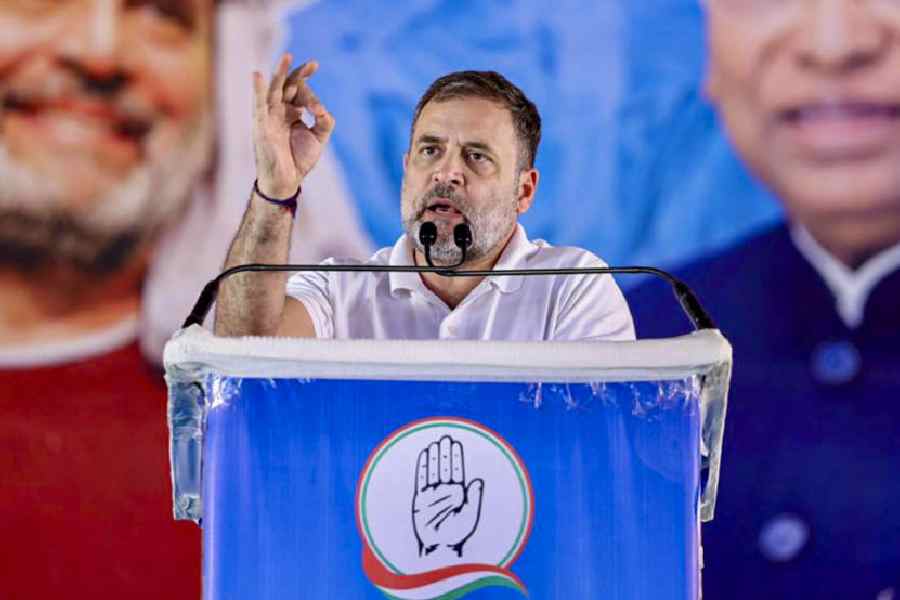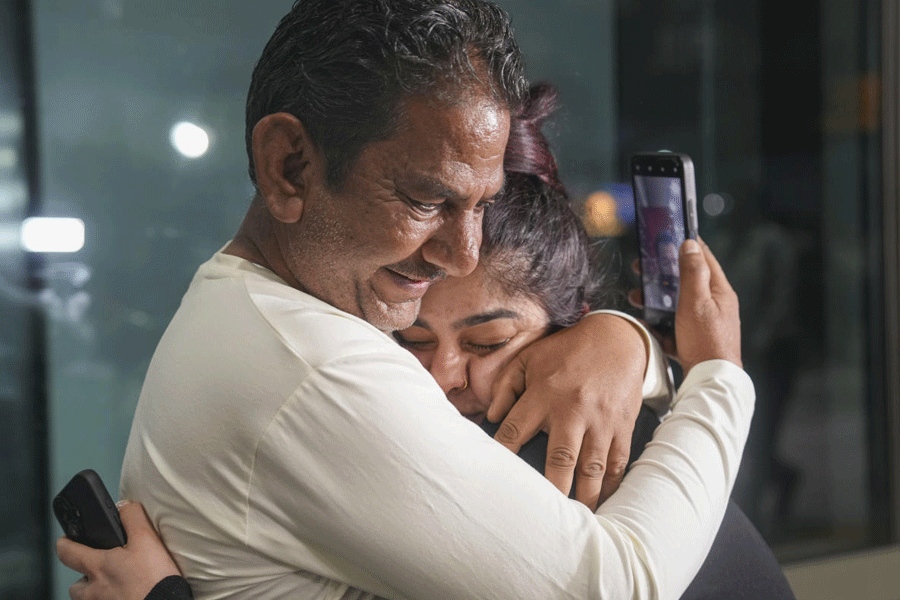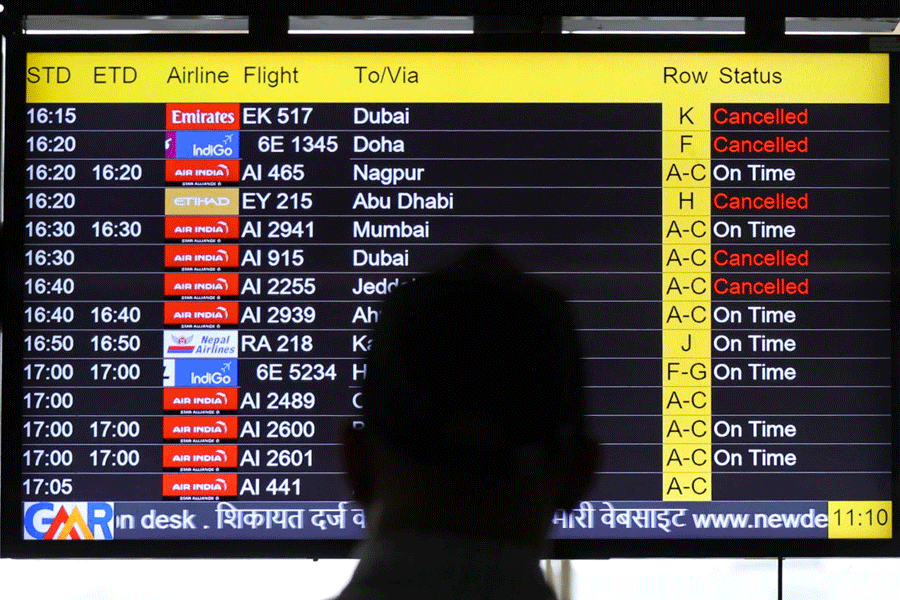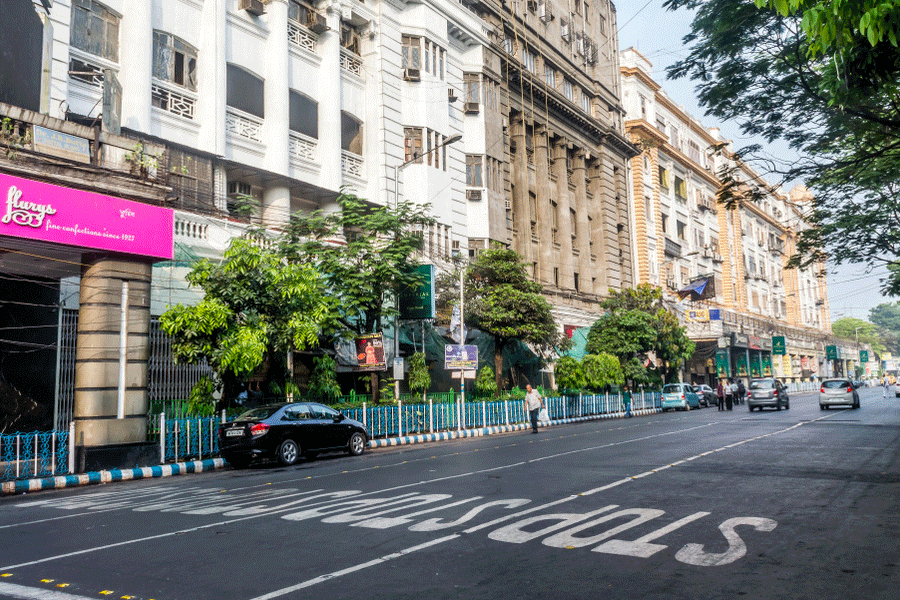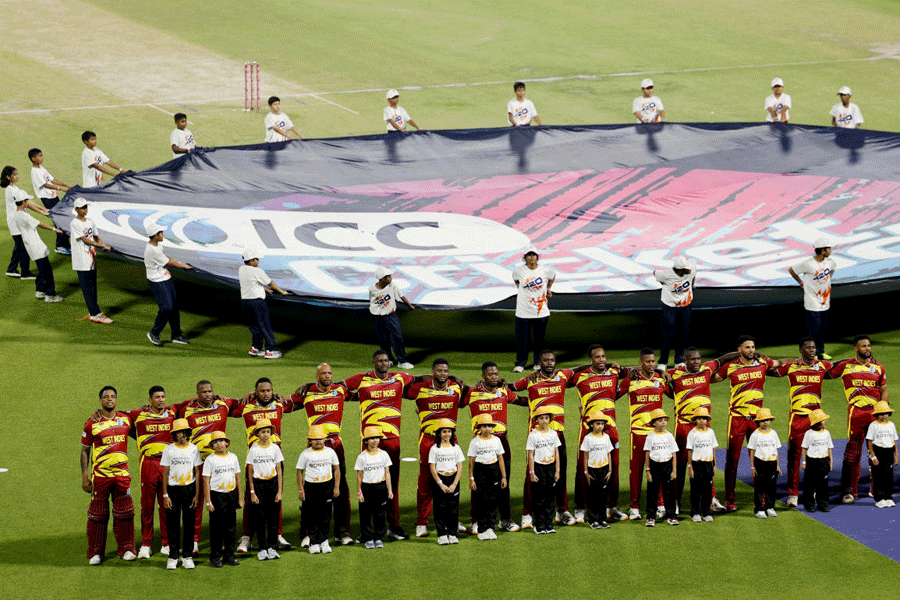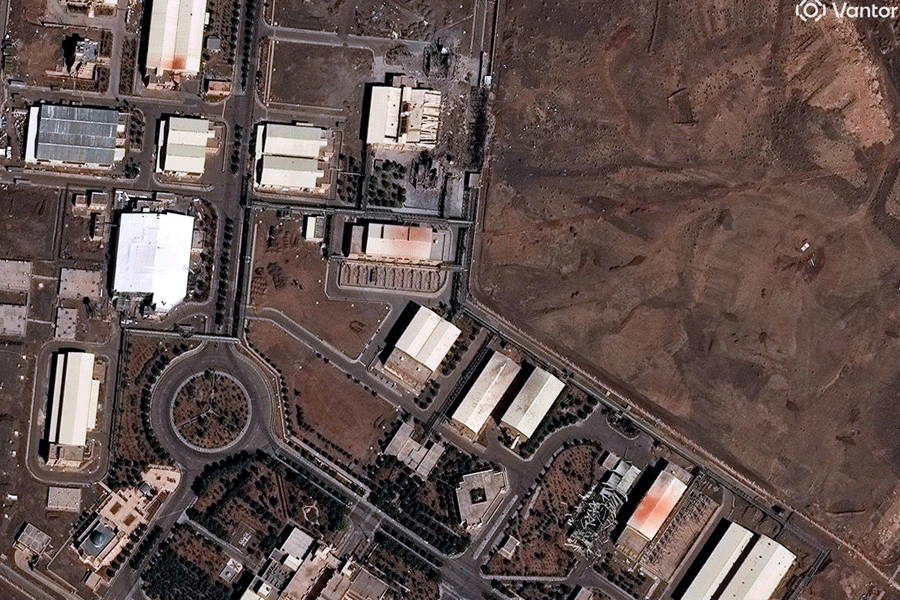Patna, Nov 7 (PTI): Counting of votes in the high-stakes Bihar assembly elections, billed as a battle between Prime Minister Narendra Modi and Chief Minister Nitish Kumar, will take place on Sunday, beginning at 8am.
The verdict for most of the 243 assembly seats is expected by early afternoon.
Here’s a quick rundown:
AT STAKE: The reputation of pollsters and the two major alliances.
Most of the exit polls have predicted a close contest between the National Democratic Alliance led by Modi’s Bharatiya Janata Party, and the grand alliance of the ruling Janata Dal (United) of Chief Minister Nitish Kumar, Lalu Prasad Yadav’s Rashtriya Janata Dal, and the Congress, with a slight edge to the combine led by Nitish.
Two of them, including Today's Chanakya and the one done by Hansa for NDTV, have given a clear majority to the NDA.
A win for the saffron alliance will help BJP shake off the Opposition attack on it over the “climate of intolerance” and embolden it to push its agenda ahead of the winter session of Parliament.
A loss for it will reinvigorate the Opposition ranks and help Nitish acquire a key role in national politics after he suffered a big setback in the Lok Sabha polls.
A defeat for the grand alliance will deliver a body blow to the politics of Nitish and Lalu, from which it may take a long time for them to recover.
BIG NAMES: Nitish is not in the fray, but there is mahadalit leader Jitan Ram Manjhi, who has fought from two seats, and two sons of Lalu, who made their electoral debut.
HOW MANY VOTED: As much as 56.80 per cent, the highest in any assembly election in the state's history, of the 6.68 crore voters.
TO BE COUNTED: The votes locked in 62,780 electronic voting machines or EVMs.
COUNTING TO BE DONE BY: Around 14,580 officials on duty in Patna and other districts.
THE MOST TENSE: The 3450 candidates, including 272 women, who will know whether they have won or lost.
WHAT NETAs DID SATURDAY: With hours left for the suspense to be lifted, Chief Minister Nitish Kumar remained in his 7 Circular road residence throughout the day. ”There is no engagement of the CM besides interacting with some people in his residence,” an official at his residence said.
RJD President Lalu Prasad is also in his residence and interacting with some party workers and leaders arriving to him.
BJP leaders were also in their houses.
THE NEW EQUATIONS: In the outgoing assembly, the JD(U) and BJP had contested elections together and won a massive majority. The JD(U) had won 115 seats and BJP 91. The RJD had won 22 and Congress four when they contested on their own.
But, the scenario has changed altogether this time with JD(U) and BJP parting company and heading rival coalitions.
JD(U) of Nitish Kumar teamed up with RJD and Congress in the grand secular alliance.
BJP led a coalition with Lok Janshakti Party, Rashtriya Lok Samta Party and Hindustani Awam Morcha.
THE SEATS FOR EACH: The JD(U) and RJD contested from 101 seats each while Congress fielded candidates from the rest (41).
In the NDA, BJP fought on 158 seats and gave 41 to LJP, 23 to RLSP and 21 to HAM.
THE CHALLENGES: For the BJP, the challenge is to maintain its landslide victory in the Lok Sabha elections, in which it had won 22 seats out a total of 40 in Bihar. Its allies LJP had won six and RLSP three.
The RJD and JDU had fought separately and won four and two seats respectively. The Congress, which contested in an alliance with RJD, had also won two seats while NCP one.
THE SURPRISE (PLEASANT) SO FAR: Election Commission data shows that, for the first time in the history of Bihar, not a single death was reported from election-related violence on voting day. In the 2010 Assembly elections, six persons were killed. In the 2014 Parliamentary elections, five persons had lost their lives.


